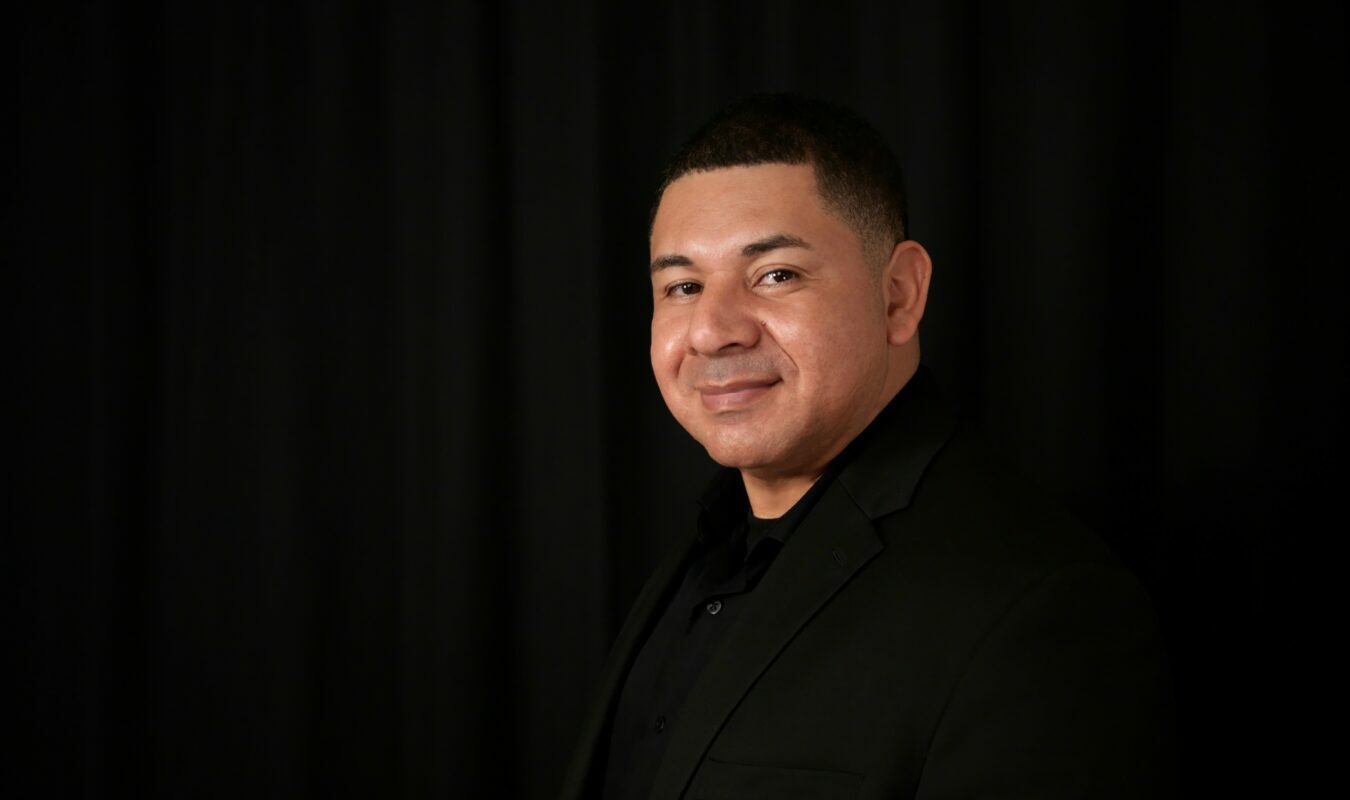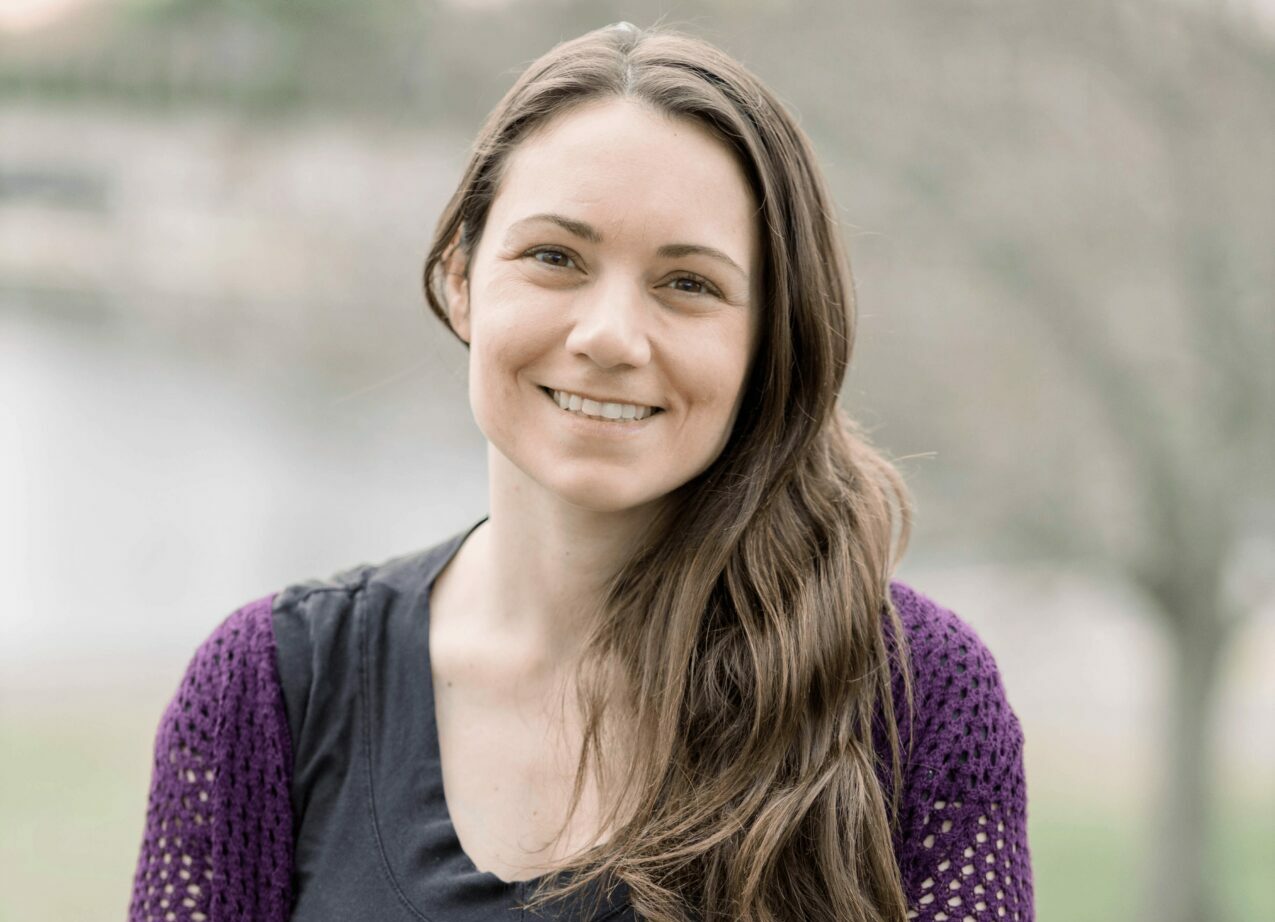We’re excited to introduce you to the always interesting and insightful Sarah Simon. We hope you’ll enjoy our conversation with Sarah below.
Sarah, first a big thank you for taking the time to share your thoughts and insights with us today. I’m sure many of our readers will benefit from your wisdom, and one of the areas where we think your insight might be most helpful is related to imposter syndrome. Imposter syndrome is holding so many people back from reaching their true and highest potential and so we’d love to hear about your journey and how you overcame imposter syndrome.
Let’s be honest. Imposter syndrome is something that’s going to come up whenever we start something new, level up, or have days where we’re a bit off. I’ve struggled with imposter syndrome throughout the years, and while it still comes up sometimes, I’ve learned ways to overcome it. The first step is accepting whatever feelings I have in any given moment, letting them be with me. I learned from a life-changing coaching experience that sitting with difficult feelings, without judgement, is the quickest way for them to go away. Ironically, you can’t push them away, meaning you have to fully accept that they’re there. The second thing I do now that helps me overcome imposter syndrome, as well as may other difficult emotions, is to journal it out in what’s called “rage journaling”. I can write out that I’m feeling like an imposter, that I feel like I’m not good enough etc, and then I rip up the paper and destroy it so it gets out of my system. It really works, and usually before I get to the point of ripping up the paper, I find myself writing things that are true about myself and that I’m grateful for, because I’ve made gratitude a habit in my brain by practicing it. When I feel terrible about myself, I start writing and suddenly, I’m realizing how most of these beliefs aren’t true, and I’m thinking how much I have to be grateful for – the things I’ve gotten to experience in my life, my accomplishments, my focus on self-care and how I’ve grown as a person. All of this makes me realize the truth, which is that imposter syndrome is a symptom of the times I’m focusing too much on everyone else and not enough on myself. It’s a nudge to re-focus on what is important to me. I’m not the same as anyone else. I’m the only “me” that exists, so I’m not an imposter unless I’m trying to be someone else. Imposter syndrome, in my opinion is just a chance to stop, reflect and put my focus back where it needs to be.

Let’s take a small detour – maybe you can share a bit about yourself before we dive back into some of the other questions we had for you?
I have a travel blog, Mukikapup’s Travels, that is mostly focused on travel photography but also covers other things about solo travel and destinations. I also have freelance clients I help with SEO strategy and content for their blogs, websites and more copywriting. My background is a unique mix of advertising plus Masters degrees in Biblical Studies and Archaeology, as well as photography and videography, and blogging is what I’ve found that lets me blend the things I’m most passionate about. I’m currently working on a new blog that mixes these things even more! It’s not live yet, so I’m keeping it under wraps for now, but it’s definitely a passion project that I hope can really help people who want to go deeper in life and travel.

If you had to pick three qualities that are most important to develop, which three would you say matter most?
I’ve always been creative, and the best advice I was given when I was looking for jobs after college was to keep doing creative things and not to stop. Doing that helped me because even when I wasn’t finding the kind of jobs I wanted, I taught myself new skills with videography, photography and website creation that have helped me find all kinds of opportunities, and that I’m still using today. The next most important skill is critical thinking. I’ve always been inquisitive and serious about forming my own educated opinions while staying open-minded to new information, even when it makes other people uncomfortable. Earning my Masters helped me grow so much in knowing how to properly research and write papers, though I will say that most of the work was me challenging myself to keep improving. In writing and creative work, the key is to find that “thesis” or main point, and make everything point to that where it wraps up with a bow at the end that anyone who digests it can hopefully come away with the main takeaway I have in mind, or at least come away asking new questions. It’s hard to describe it, but these skills help me with anything and everything I do in life. The third most important skill, that I’ve been focused on the last number of years, is self care. I used to push through problems and health issues, thinking if I just kept going and doing what I knew to do, they’d go away on their own. However, after burnout and more health issues from stress, I’ve learned that nothing is more important than taking care of myself and investing time and resources into my own self care. If I don’t, I’ll have to pay more in the future, and no one else is going to do it for me. Advice for people early in their journey is to prioritize self care first. Getting enough sleep, taking time off on a schedule where you don’t think about work, and getting better at things like exercise and cooking on a healthy diet to make things taste good, is worth its weight in gold. Knowing when to say no and having boundaries, not caring too much what people think, is really hard but extremely important. Then, just following what you know you want to do, listening to your intuition and finding ways to make things work, versus living from a place of fear, will help you have more amazing life experiences, even when you have some struggles. For me, I know that even with the difficult times, I wouldn’t trade it for years at a desk at a job I hated.

Do you think it’s better to go all in on our strengths or to try to be more well-rounded by investing effort on improving areas you aren’t as strong in?
I think it’s a mix. Every type of work has things I”m not going to love, even if it’s my dream job. If I don’t get better at those skills, there are a lot of people out there who will. There are also times when it’s hard to find or create the “dream job”, and times when life changes so much I don’t feel the same about the supposed “dream job”. This year, I’ve been so focused on taking care of my health that I haven’t traveled as much, and I feel like that’s the right thing. In the past, I felt that I had to travel no matter what because I wanted to travel more than anything. Life changes, and I’ve changed with it, and I’m glad I have a variety of skills I can use to take care of myself and do interesting and varied work. Unless you’re truly a person who is obsessed with one thing all of your life, and you’re willing to be married to it and only have yourself and that one thing, I think that having a mix of skills comes in handy. It’s like if someone’s whole identity is in one thing, and suddenly they are unable to do that one thing anymore, everything crumbles. Instead, building out your weaknesses as well as your strengths makes your skills that much more valuable and helps you become more scrappy and resourceful for those times when it’s needed. Especially now as I’m building blogs, I’m able to learn new skills easily as I go along because I know that each of these parts is needed to make the whole – and until I have enough revenue to pay someone else to do the things I’m not as good at, it’s on me to build out those skills. I know that once I am able to have people doing some of these tasks for me, it will still be worth my own effort because I’ll be able to train people if needed, or see if they know what they’re doing more than I do because I’ll have more understanding around it.
Contact Info:
- Website: https://sjsimon.com
- Instagram: @mukikapupstravels
- Linkedin: https://www.linkedin.com/in/sarahsimonj/




so if you or someone you know deserves recognition please let us know here.




